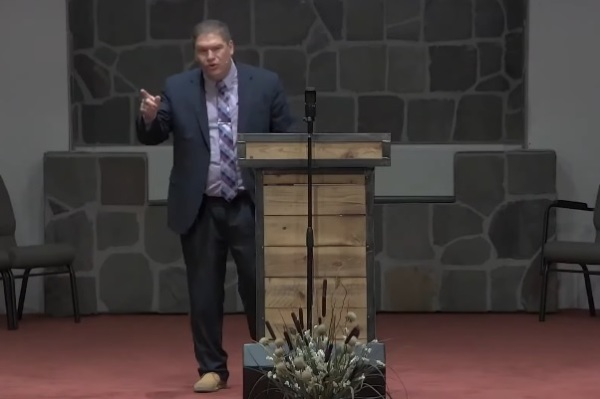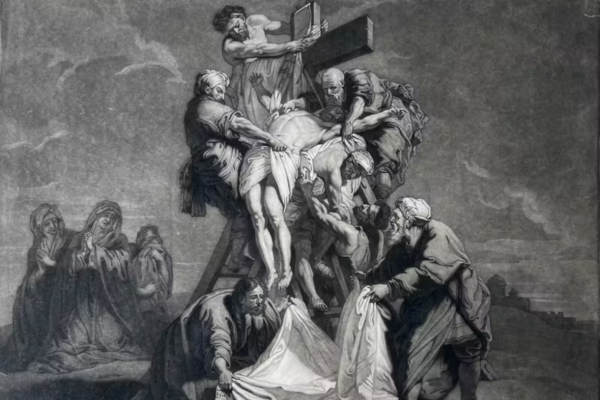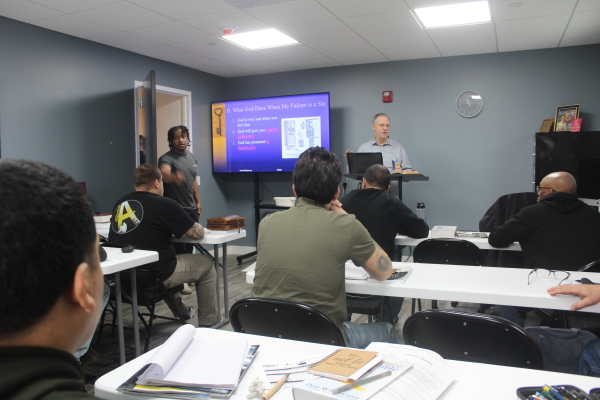Ice Age, End of Human Civilization, Great Commission Approaching: Christian Astrophysicist Hugh Ross
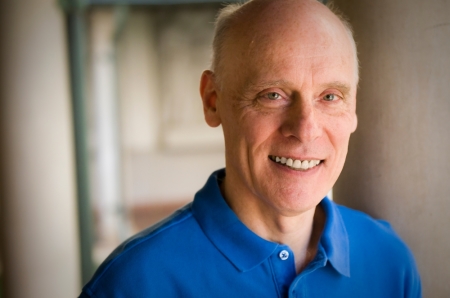
The next ice age, followed by the end of human civilization, and before that the fulfillment of Jesus Christ's Great Commission, could be coming sooner than some suspect, Hugh Ross, a Christian astrophysicist and Old Earth creationist, has said in a recent series on his Reasons to Believe website.
In part three of his series, "The End of Civilization As We Know It?" Ross wrote on Monday that humans can only delay, but not prevent the next ice age.
While he did not offer a specific date, Ross analyzed ice age cycles, and said that humans need to realize just how favorable the conditions they live in now are compared to conditions on the planet in the past, and those coming in the future.
Ice age cycles are caused by variations in Earth's tilt on its axis and the shape of Earth's orbit around the sun, Ross said, and due to these, the next ice age should've started 5,000 years ago. But human activity, such as the additional atmospheric carbon caused by the domestication of cows and deforestation, caused global warming effects that mitigated the cooling effects.
The additional increase in atmospheric carbon caused by the burning of fossil fuels since the Industrial Revolution has overcompensated for the global cooling caused by a periodic ice age, Ross calculates. This overcompensation could accelerate the coming of the next ice age, he continued.
"I am not saying it is infeasible for humanity to find a way to delay the onset of the next ice age by one or two millennia. Nuclear fusion reactors, for example, conceivably could provide a means to desalinate huge quantities of ocean water. However, to cite another biblical principle and a famous Christian hymn, this world is not our home," he wrote.
As he has written in his book Improbable Planet, he said that it is possible for Christians to make use of the time and complete the Great Commission of spreading Jesus' words around the world within the next few decades.
"To be clear, I am not saying that because it appears the Great Commission can be fulfilled within a few decades, that we can ignore the climate problems we currently face. Many Christians, including myself, believe that the Bible teaches a literal reign of Jesus Christ here on planet Earth for a one-thousand-year period following the completion of the Great Commission," Ross continued.
"For Christians who do not hold to a millennial reign of Christ on Earth, there are still the exhortations from our Savior to 'occupy until I come' (Luke 19:13) and the creation care mandate described in Genesis 1:28–30 and Job 37–39."
He said that God has "generously granted us an extremely beneficial ice age cycle and a brief period of extreme climate stability within that cycle so that we could not only enjoy a brief period of unprecedented wealth and technology but also, far more importantly, to use that wealth and technology to fulfill an eternal spiritual destiny."
In part one of the series, published earlier in July, Ross wrote that he gets asked questions about global warming all the time, but reminded readers that the earth is in an ice age cycle.
"That cycle, driven by sinusoidal (wave pattern) variations in the ellipticity of Earth's orbit about the Sun and in the tilt of Earth's rotation axis, implies that inevitably the global mean temperature will rise and fall in response to the cycle," he explained.
He posted figures relating to the global means temperature throughout the past four ice age cycles, pointing out that people should be more concerned about an extended period of global cooling rather than warming.
"In order to better prepare for and ameliorate the impact of an extended period of global cooling, we should seek a resolution to the paradox of how brief episodes of global warming bring on long periods of global cooling," he wrote.
He referred to scientific papers that explain how global warming can then bring on an ice age, with climate models predicting that the summer Arctic ice cap will be completely gone by 2050.
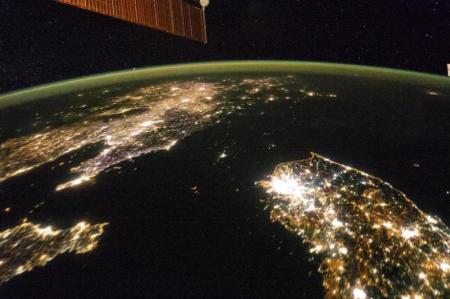
In part two, he detailed how an ice age will affect human lives, using as examples previous ice ages and the territories they covered.
Ross warned that even regions of the world that would not be covered by ice fields would suffer.
"People there would find the water flow from rivers that they depend on to grow food largely locked up in ice that is not melting," the scientist wrote.
Along with a depletion of atmospheric carbon dioxide and extreme climate instability, he said that many animal species will be threatened by extinction.
"Most species of life presently on Earth, with appropriate human assistance, are capable of surviving these more dire consequences. However, many are not. The probable extinction of hundreds, if not thousands, of species of life will inevitably disturb ecosystems and eco-balances. Such disturbances will then impact human civilization," he warned.
In an interview with The Christian Post in 2006, Ross said that all people on the planet "should be concerned about environmental issues and doing what we can to enhance the beauty and productivity of the natural realm."
"I think a measure of humility is necessary here to realize we are not as smart as God and He understands the whole issue. I think that there is a tendency in our human context to simplify the problem and not realize how delicately balanced everything is," he said at the time.
"We also need to realize that there a reason why God wanted us to have a global high-technology civilization and that was to quickly fulfill the Great Commission," he added.












